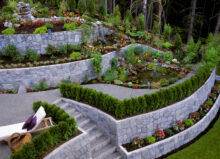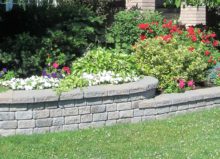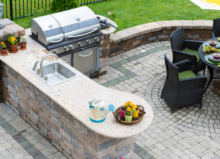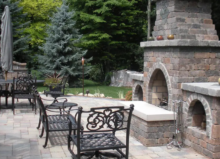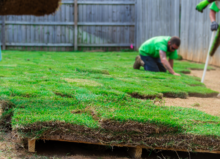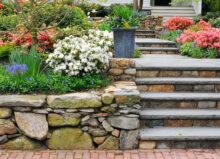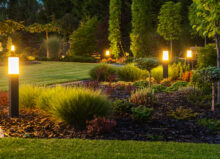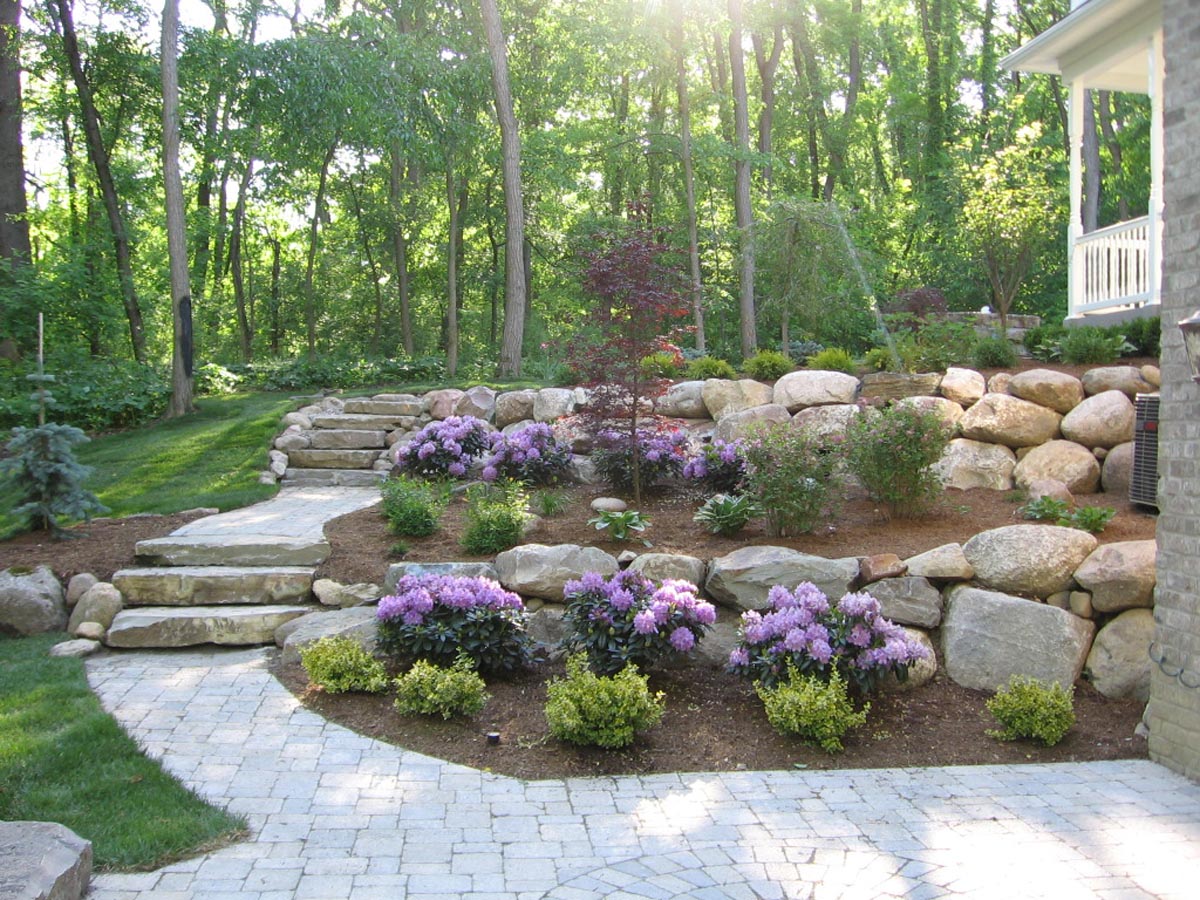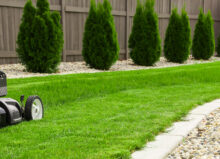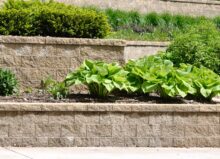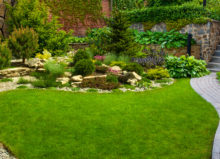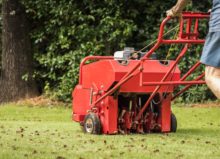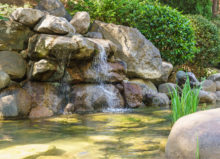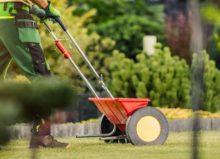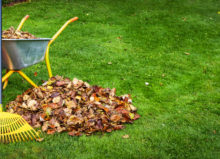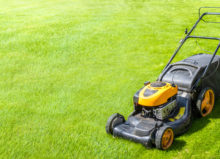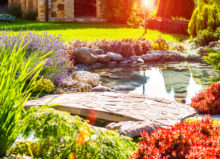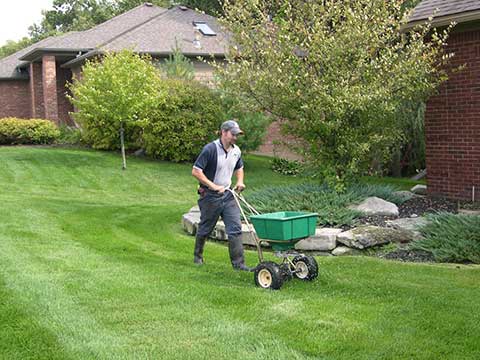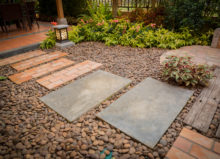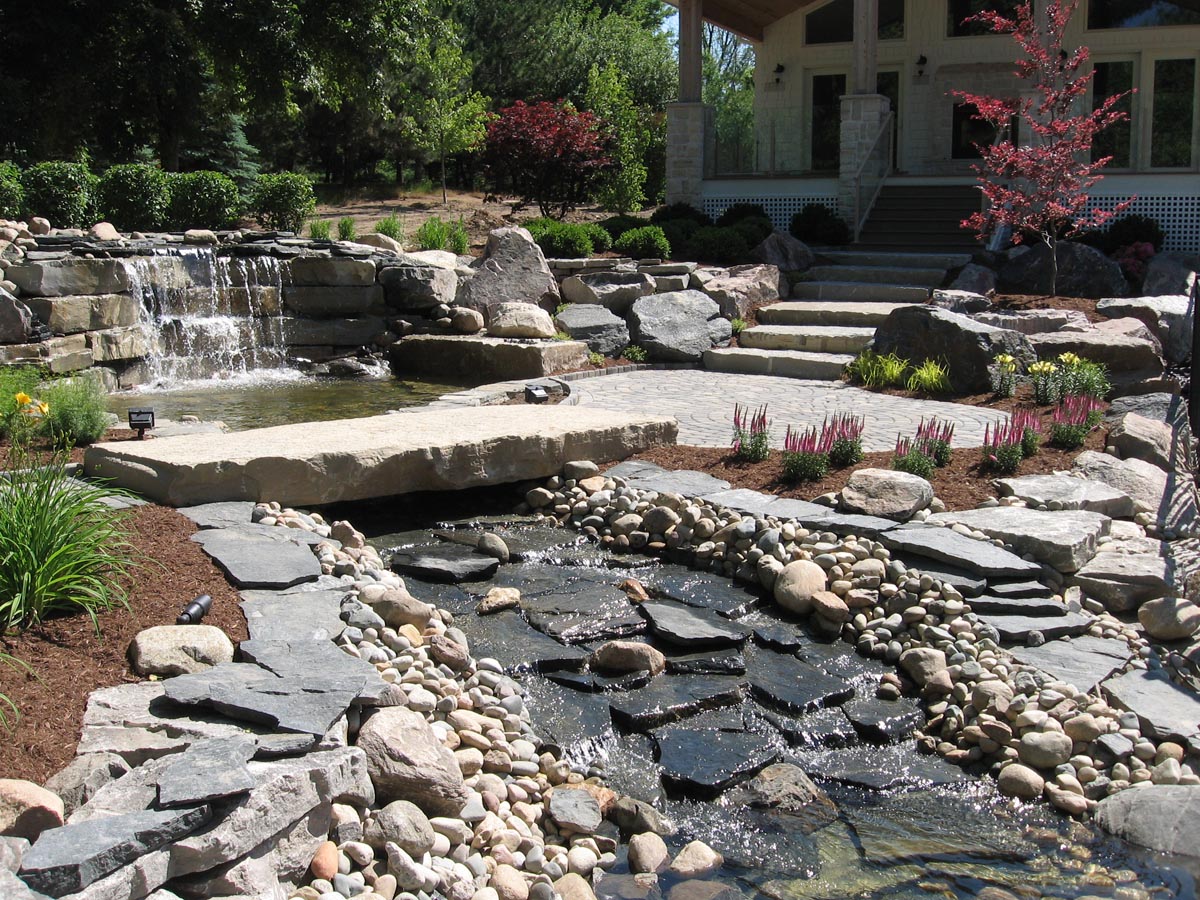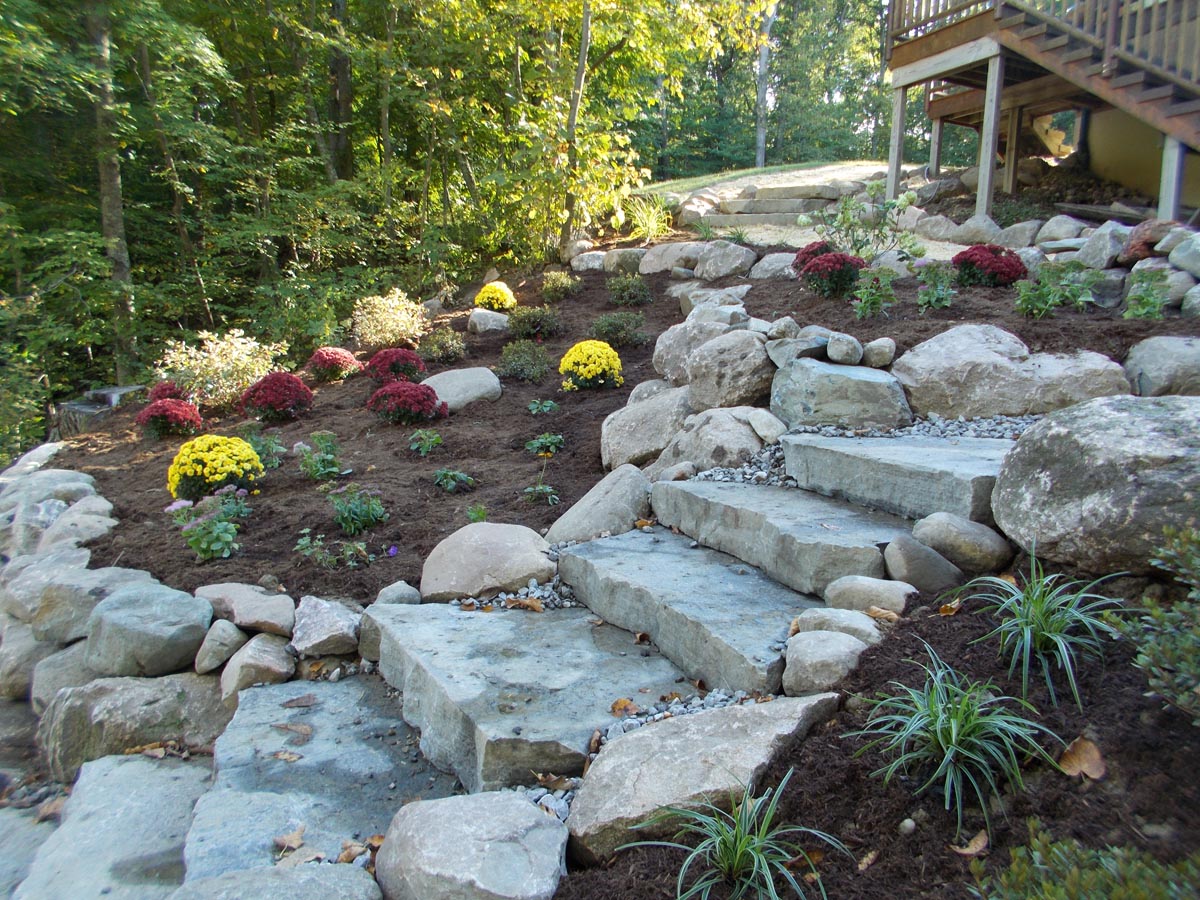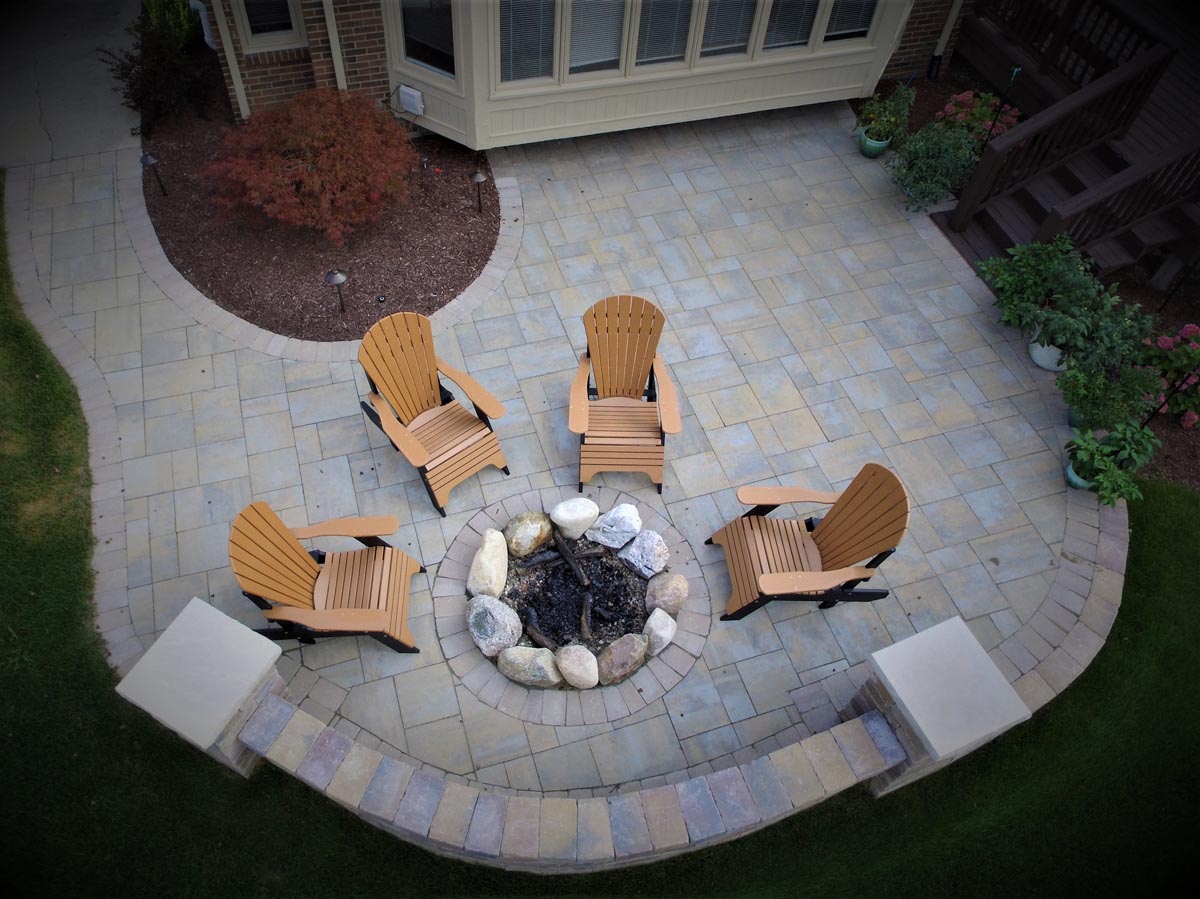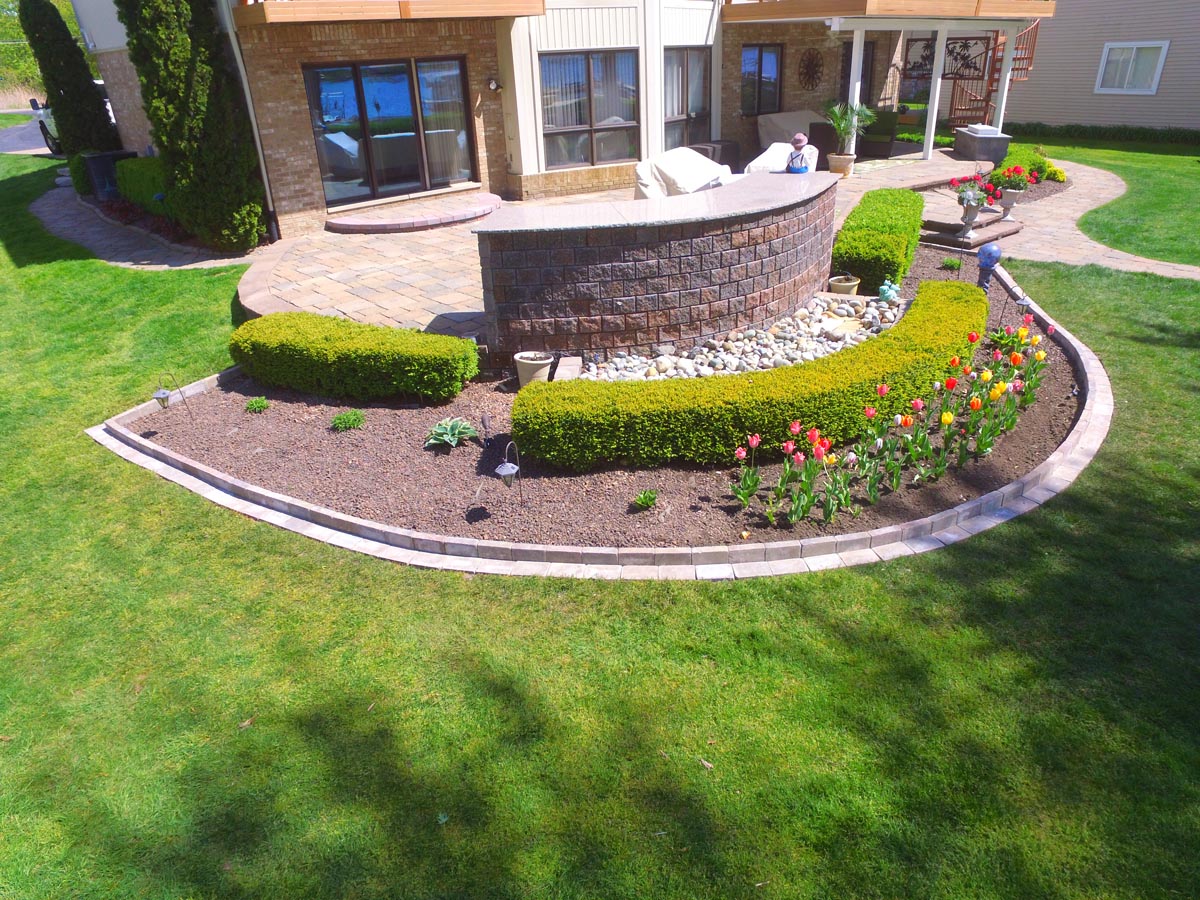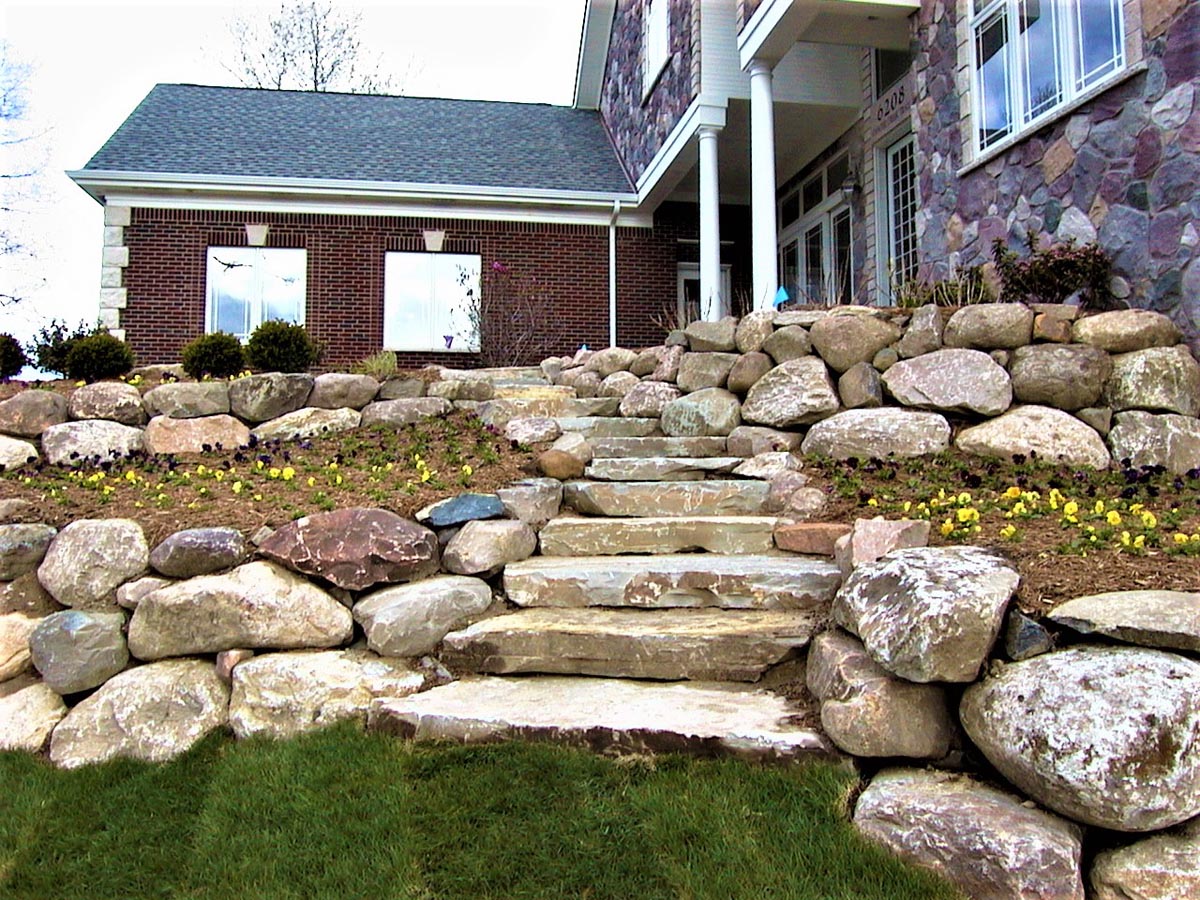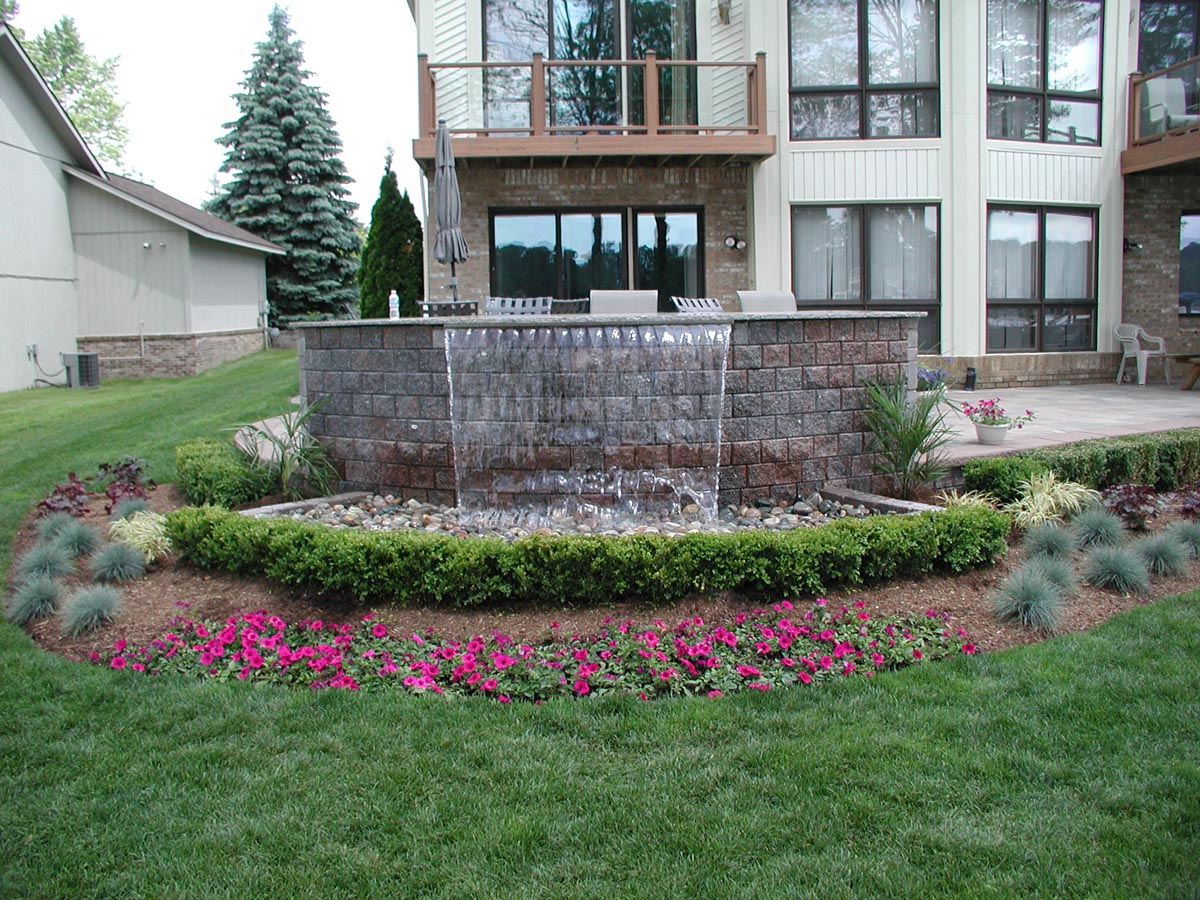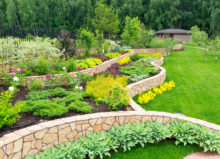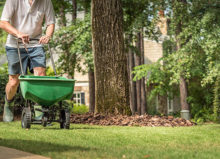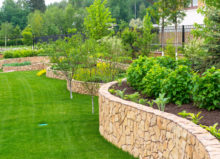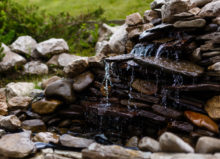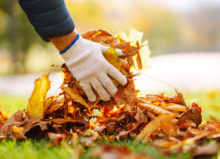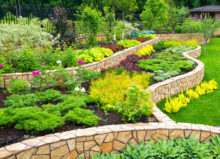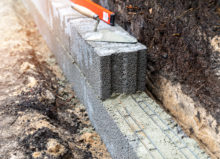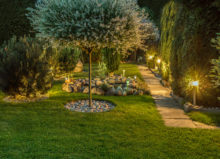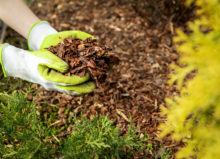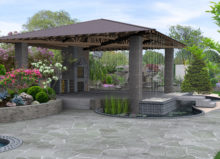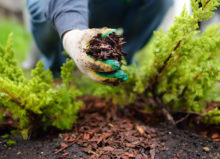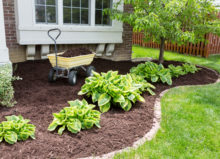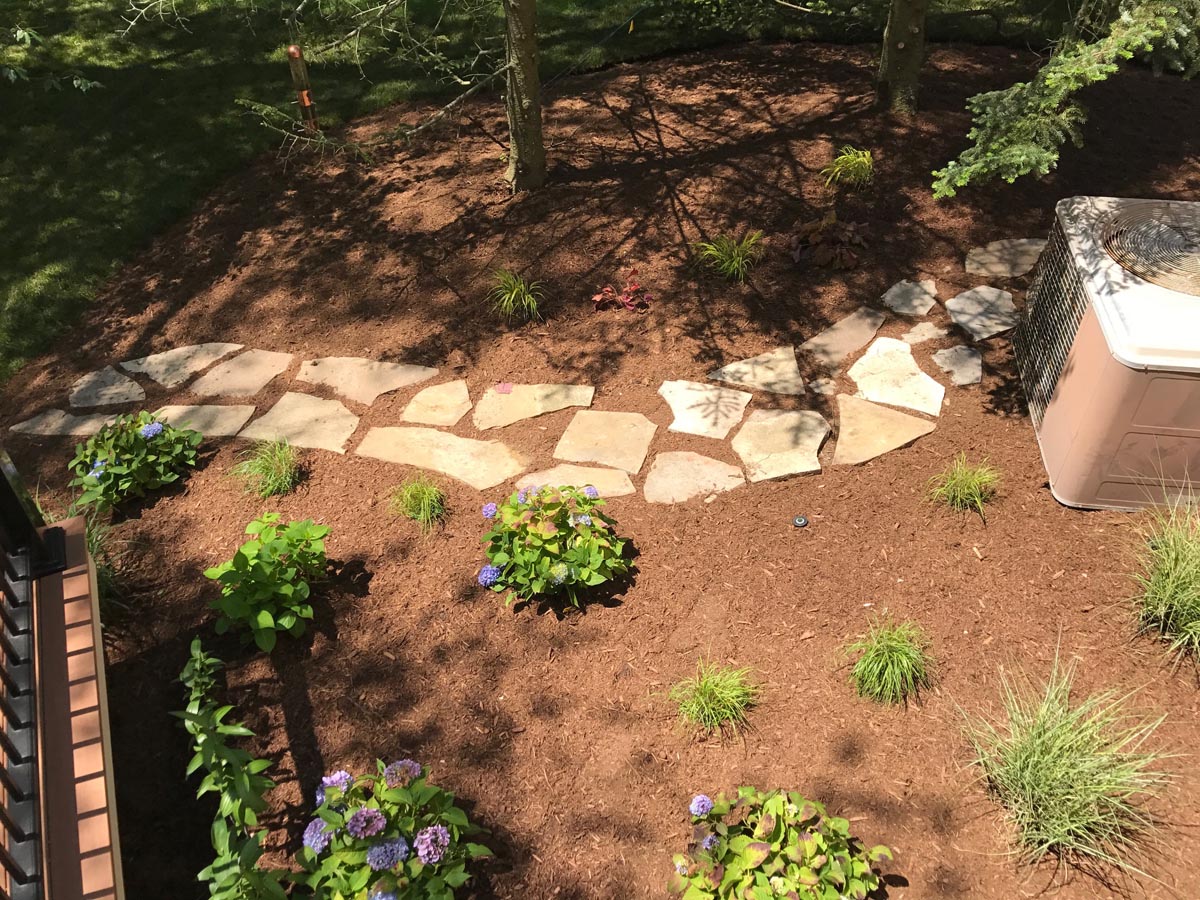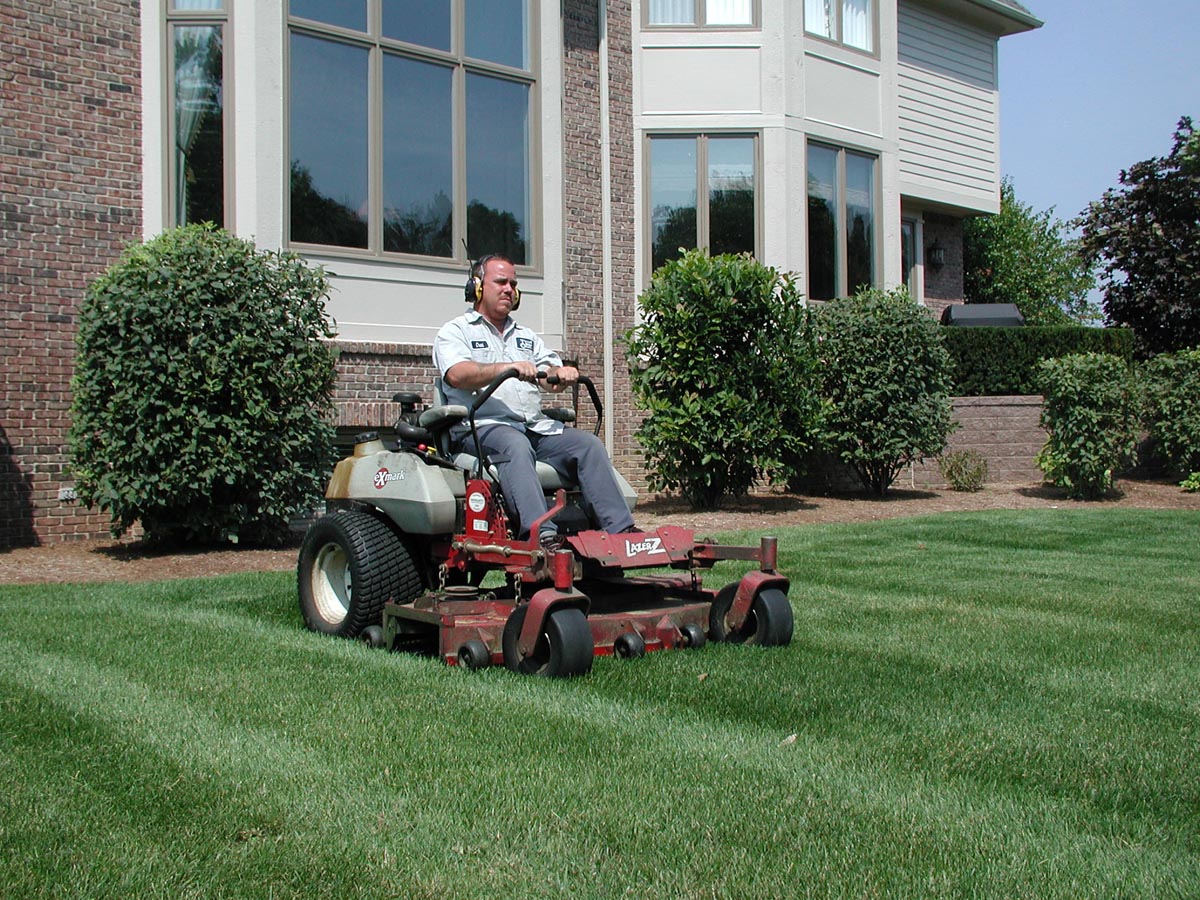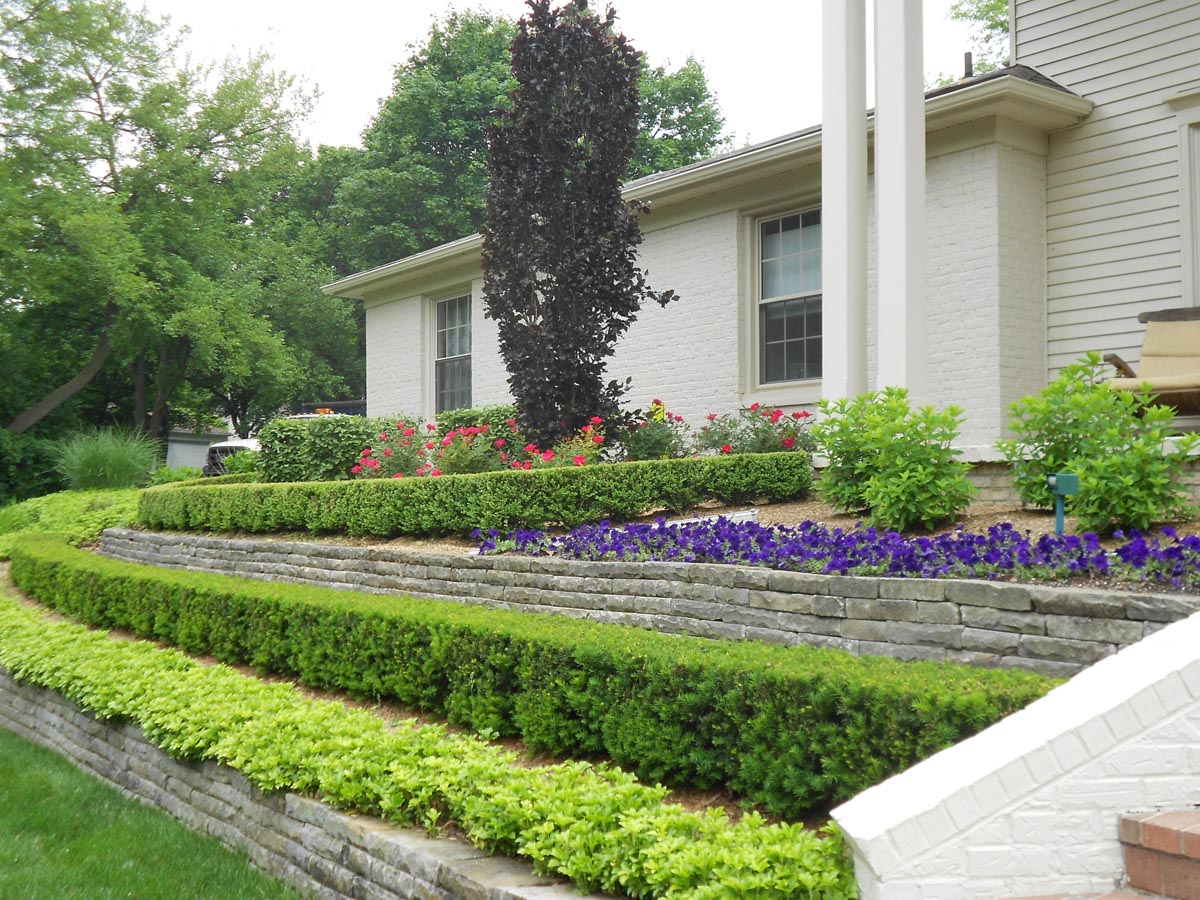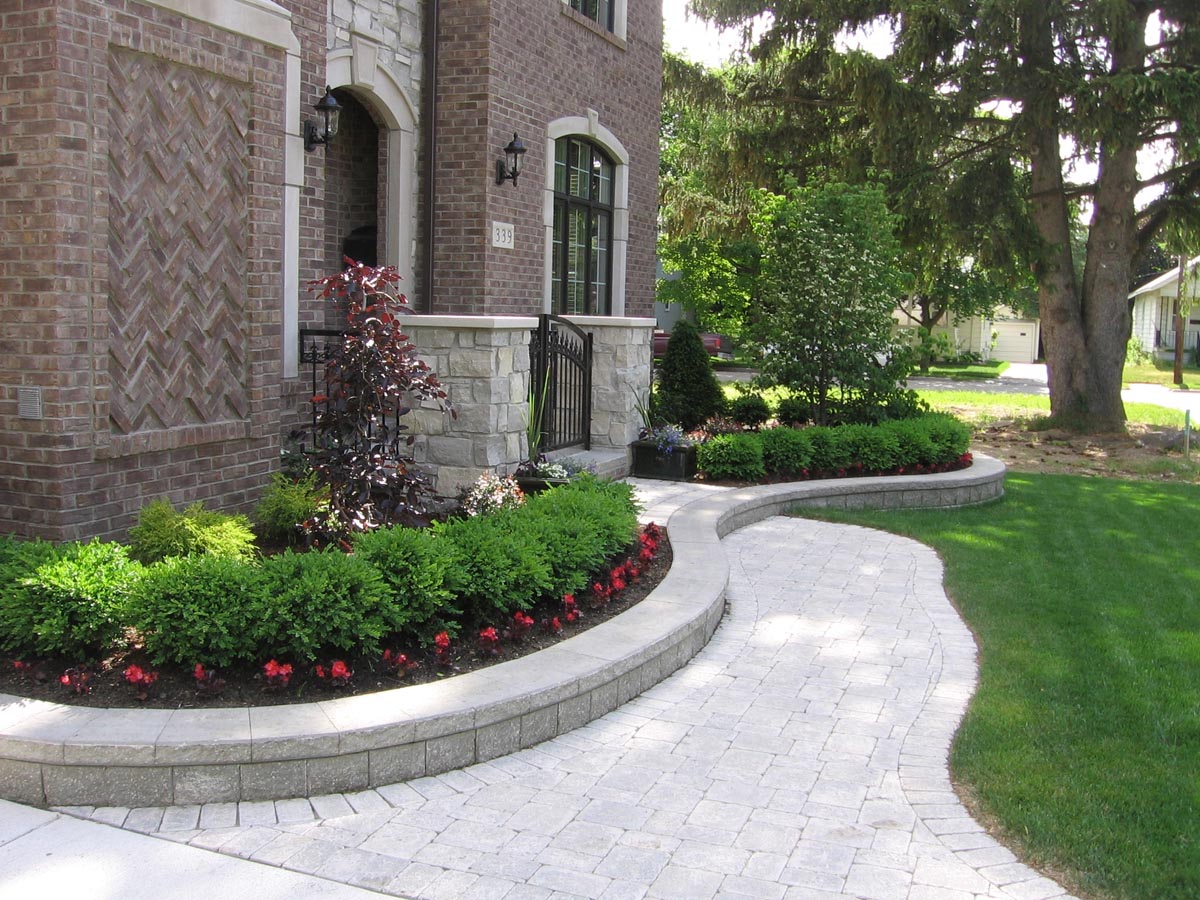Gardening 101: How to Prevent Bugs from Eating Your Roses This Year

Ask any gardening enthusiast what gives them nightmares once their rose bushes or vines are blooming and they will inevitably answer without hesitation: BUGS.
Fortunately, there are excellent, eco-friendly methods that can stop bugs from destroying your rose bushes. However, the first step in stopping these rose-munching insects is to identify the type of bug (or bugs) currently dining on them.
In this edition of our ongoing gardening series, we’re breaking down the most common types of rose-loving insects, the various ways they damage roses, and how to prevent future infestations.
What Types of Bugs Eat Roses?
Any gardener should look out for aphids, beetles, mites, and thrips. These four insects are by far the worst rose-loving insects, as they can cause overwhelming damage to your bushes.
Aphids
Aphids are less than one-third of an inch long, have pear-shaped bodies, and green or pink markings. Rose aphids use their mouthparts to pierce plant parts and extract sap.
These critters can cause significant damage to your rose bushes, as they tend to prefer newly sprouted rose stems, leaves, and buds. Aphid damage can prevent your bush from fully developing, and it’s primarily dangerous for newly planted rose bushes. Additionally, their ability to rapidly reproduce means they need to be eliminated as soon as possible.
When spotting aphid damage, look out for wrinkling rose buds or curling leaves.
Beetles
Next, detecting a beetle infestation can be difficult due to their nocturnal feeding habits. Inspecting rose bushes at night with a flashlight is the best way to determine if your rose bushes are infested with beetles.
Japanese beetles are one of the few beetle types that feed during the day. Adult Japanese beetles are one-half of an inch long,with shiny green bodies and legs, rust-colored wing covers, and tiny clumps of white hair on their abdomens. Signs of Japanese beetle damage include buds and flowers with ragged edges and small holes in rose petals. You may also notice skeletonized leaves, which are discolored leaves that only have veins.
Mites
Although mites are not classified as “insects” like beetles and aphids are, they still can do significant damage. Eight-legged mice belong to the tick and spider family. They are usually around 0.508 millimeters long (one-fiftieth of an inch), and are considered the smallest of all rose plant destroyers. Mite colors vary from brown to red to off-white.
If you’ve noticed your rose bushes have leaves that are mottled with dark gold or grayish green areas or webbing that covers entire stems and leaves, you may have a severe mite infestation.
Thrips
Lastly, thrips are only slightly larger than mites (about one-sixteenth of an inch long). Thrips have fringed wings and yellowish-brown bodies. Since they are hard to see on rose plants, gardening experts recommend blowing gently on leaves and rose blooms to force thrips to move. Thrips suck sap, feed on rose petals and leaves, and damage buds enough to prevent them from opening. Thrip infestations can also cause brown or silver streaks on petals.
Natural Ways to Prevent Bugs from Eating Roses

Damage doesn’t necessarily mean death, so don’t panic! Roses are actually quite hardy and can withstand some insect damage. However, this doesn’t mean that you shouldn’t worry about insect damage. Gardeners who want to raise thriving rose bushes must apply insect control treatments throughout the year.
While there are a wide array of insecticides available on the market, there are also some eco-friendly treatments that are more affordable and can be made at home!
Here are some popular, proven methods of getting rid of rose plant pests:
Vegetable, Cottonseed, or Mineral Oil
Oils kill mites, aphids, and other soft-bodied bugs by clogging the outer airways of their bodies and suffocating them. Oil also penetrates and kills eggs, which helps prevent future infestations. Additionally, oils are great to use in any garden because they do not harm pollinators. All you have to do is mix one teaspoon of oil with one quart of water in a spray bottle and spray plants when needed.
Dish Soap
Dish soap can be used every two weeks to prevent pests like aphids, thrips, and spider mites. And, just like oils, dish soap won’t harm your rose bushes or any pollinators. To make the best dish soap solution, you’ll want to mix one tablespoon of dish soap with one quart of water, shake the spray bottle, and spray away the pests!
Garlic
Garlic is a great solution for gardeners who have aphids, mites, or beetles. Just place a garlic head in a blender, pulse until it’s smooth, add two cups of water, and pulse again for about 10 seconds.
Refrigerate the garlic spray in a glass container for one day. Then, strain the mixture and add water until you have a gallon of garlic spray. Apply once every two weeks to keep your rose plants pest-free and beautiful.
Hot Pepper/Capsaicin Spray
Be careful with this method! You’ll want to wear gloves and refrain from touching your face until after you wash your hands. To make capsaicin spray, you will combine one-half teaspoon of dish soap with a pinch of hot pepper powder in one quart of water.
You can use capsaicin spray to repel mites, aphids, and other small pests. Just make sure the undersides of leaves get sprayed since this is where mites and aphids like to hide and eat. If you don’t want to make this spray yourself, you can also buy pre-made solutions online.
It’s also a good idea to wear a face mask when you spray it, as it can irritate your nose and throat. To avoid eye, nose, and throat irritation, you should also avoid spraying it on windy days.
Preventing Infestations & Disease
You can prevent future infestations and damage to your rose plant with these three practices:
- Beginning in the spring, spray rose plants with homemade sprays or insecticides.
- Inspect rose plants for signs of an infestation at least twice a week. Look for the telltale signs–leave speckling, tiny holes in leaves, chewed leaf edges, webbing on the underside of leaves, etc.).
- When planting new rose bushes, make sure there is enough space between bushes to reduce the development of mold, mildew, and bug colonies.
More Tips to Keep Your Rose Bushes in Good Shape

Keeping pests at bay is just one step to ensuring healthy rose bushes. To keep your bushes blooming throughout the growing season, you’ll want to:
- Establish a Watering Schedule: Consistent watering is especially important during dry, summer months. Allow the soil to dry between waterings. Roses are sensitive to underwatering and overwatering.
- Trim Deadheads: Trimming deadheads encourages new bud growth. Deadheads should be trimmed all the way down to the first set of new leaves (usually will be in groups of five). If you have a variety of roses that produce rose hips, you can also trim developing rose hips. This encourages the plant to spend its energy on producing blooms instead of hips, which contain seeds. If you want to plant more rose bushes, don’t trim the developing hips.
- Maintain Acidic Soil: Add limestone or brewed coffee grounds to help the soil retain a slightly acidic pH level between 5.5 and 6.5. Please note that it’s not advised to use coffee grounds at the same time you fertilize your roses. Coffee grounds can contain nitrogen, phosphorus, and potassium, so you don’t want to risk overfeeding roses.
- Fertilize: You should fertilize roses during the growing season. The growing season is the period of time between the date of your area’s last frost to the date of the first frost. In Michigan, that’s typically the beginning of May to mid-October, although the specific dates will vary each year. Phosphorus, manure, bone meal, blood meal, and lime make excellent rose plant fertilizers. Always be sure to follow the recommended fertilization instructions.
Need Gardening Design Assistance? Contact Design One
Rose bushes are a great addition to any gardening design. If you’re looking for better ways to improve your garden and landscaping, reach out to Design One. Serving homeowners and businesses in Michigan, we specialize in hardscape and landscape design. Our experts can help you plant bushes and flowers and even install beautiful hardscaping elements like water features into your garden.
Contact us today to learn more about our services or to request a free project estimate.
As a residential and commercial landscaping company in Michigan, we’re experienced in both property care and landscaping design. With over 40 years of experience in the industry, Design One is great source of information when it comes to your Michigan lawn care needs! From preliminary design mapping, to irrigation and the types of plants you might want on your priority, we cover it all.


